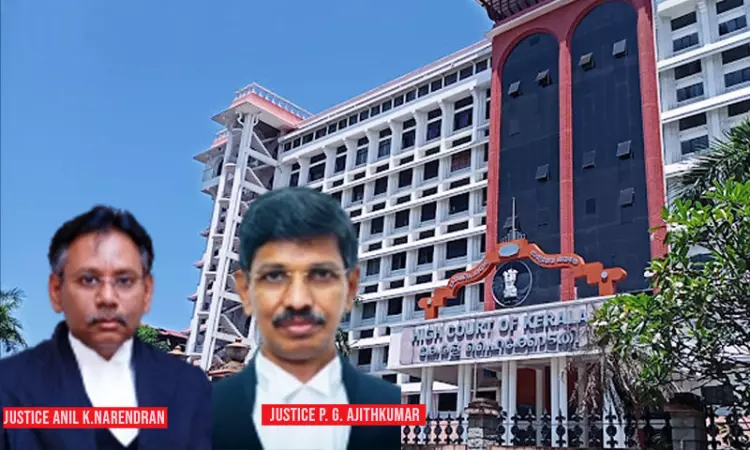Family Court Does Not Have Jurisdiction To Entertain Claim For Defamation: Kerala High Court
Sheryl Sebastian
18 Feb 2023 10:29 AM IST

Next Story
18 Feb 2023 10:29 AM IST
The Kerala High Court on Wednesday held that a family court does not have the jurisdiction to entertain a claim for defamation. For a family court to assume jurisdiction, the dispute must have a proximate relationship to the marital relationship of the parties, the court observed. A division bench of Justice Anil K.Narendran and Justice P.G. Ajithkumar was hearing an appeal filed by the...
